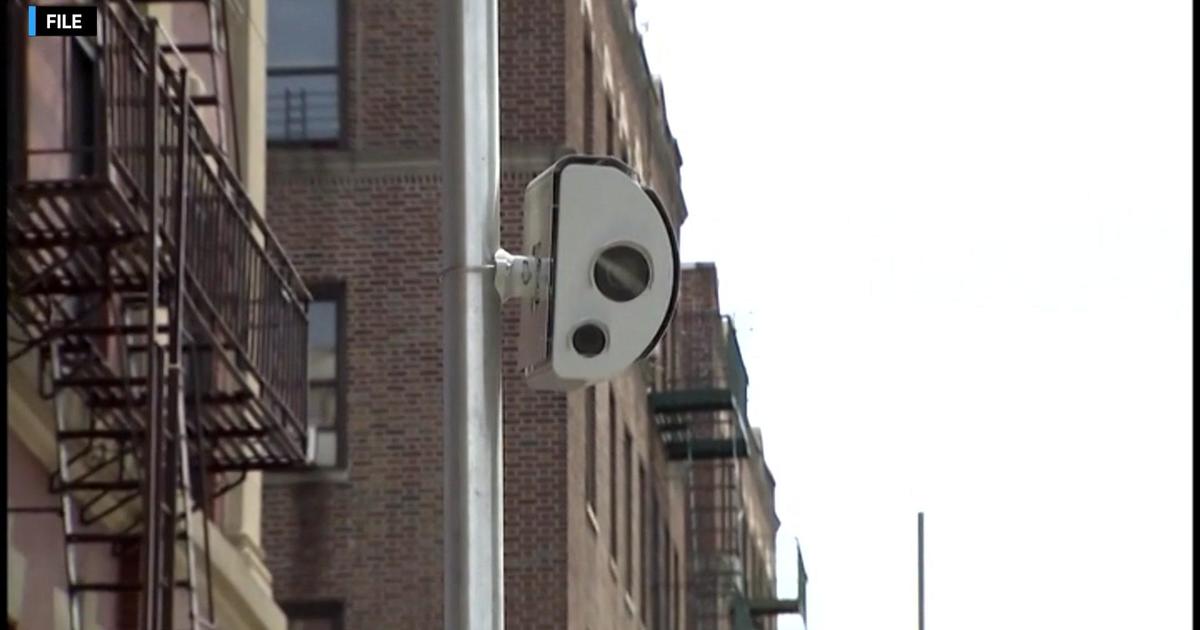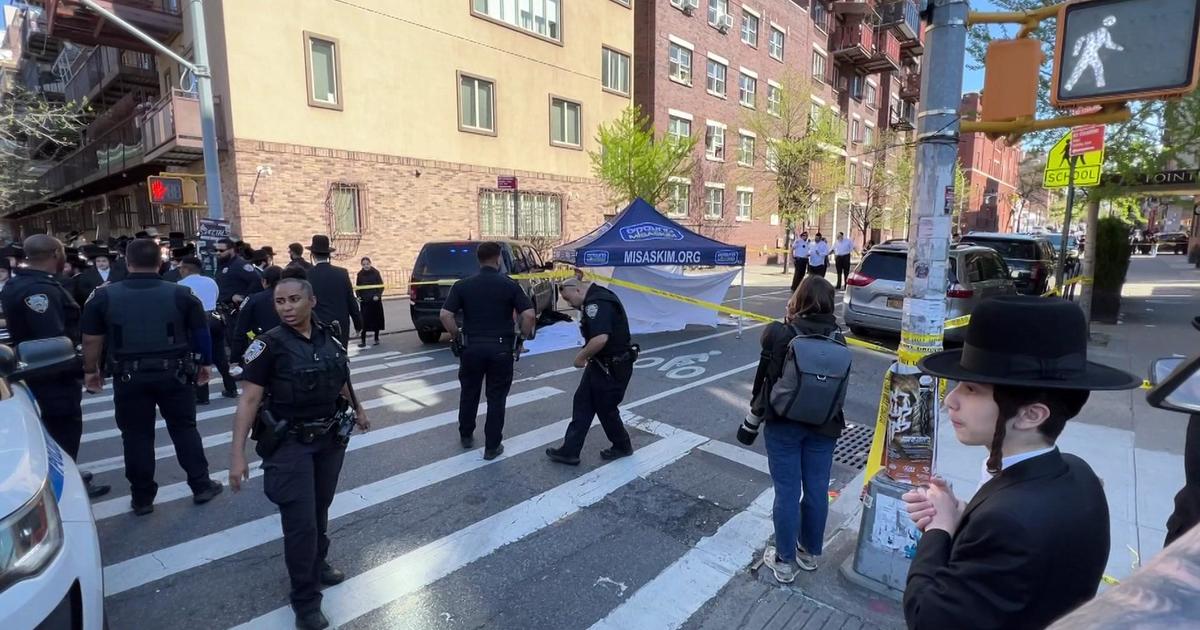Buying Online May Cost More As SCOTUS Reverses Rule On State Sales Tax
NEW YORK (CBSNewYork/CNN) -- The Supreme Court ruled Thursday that states can compel retailers to collect sales taxes even if they don't have a physical presence in the state.
The ruling by the Supreme Court of the United States in South Dakota v. Wayfair, Inc. all but overturned the 1992 decision that created an apparent sales tax advantage for online retailer over brick-and-mortar local merchants.
Shares of Amazon, Wayfair, Etsy and eBay were all down in early trading Thursday immediately following the ruling.
Justice Anthony Kennedy wrote that the previous decisions were flawed.
"Each year the physical presence rule becomes further removed from economic reality and results in significant revenue losses to the States. These critiques underscore that the physical presence rule, both as first formulated and as applied today, is an incorrect interpretation of the Commerce Clause," he wrote.
As CBS2's Hazel Sanchez reported, many states, like New Jersey, currently do not require any online stores to collect sales tax if they do not have an office or physical store in the state. New York and Connecticut have what are called "Amazon laws," requiring certain larger internet retailers with no physical presence in the state to collect and pay state sales tax, but third-party businesses selling through companies like Amazon do not have to collect state sales tax.
State and local governments had grown increasingly agitated as sales from brick and mortar retailers gave way to online retail, which now comprises approximately 9.5 percent of the dollar value of total purchases.
"Today's Supreme Court ruling in favor of South Dakota is a big, big victory for brick-and-mortar retailers all across America," said Ted Potrikus of the Retail Council of New York State. "New York and other states now can confidently require out-of-state businesses to obey the same sales tax collection laws that our Main Street merchants must follow."
Last year, states could have collected as much as $13.4 billion in additional online sales taxes, according to the General Accountability Office. Although buyers are technically supposed to add up their purchases and pay all the applicable taxes along with their regular filing, few do.
Many of the largest online retailers, such as Amazon, already pay sales taxes because they have enough of a physical presence in most states through their network of warehouses and distribution facilities to qualify as taxable by states.
But plenty of smaller players, such as home furnishings websites Overstock.com and Wayfair, don't have widespread enough operations to be subject to state taxing authority, giving them a substantial price advantage over traditional brick and mortar businesses.
(© Copyright 2018 CBS Broadcasting Inc. All Rights Reserved. CNN contributed to this report.)



